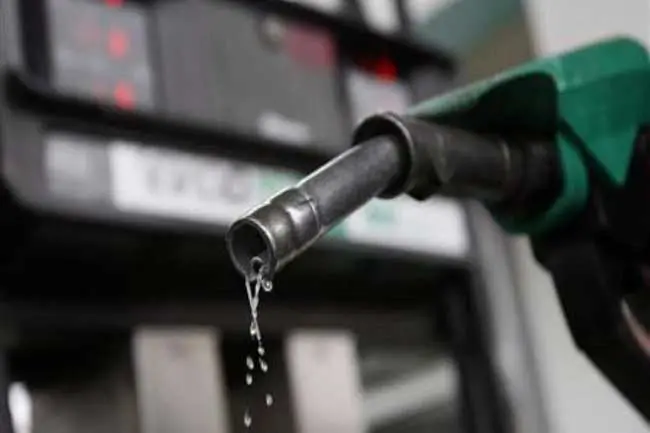The National Institute for Policy and Strategic Studies (NIPSS) predicts that with the arrival of Dangote Refinery and other new facilities, Nigerians can anticipate a significant drop in premium motor spirit prices, commonly known as petrol.
Previously, the price was below ₦200 per litre prior to the subsidy removal; it now fluctuates around ₦930 per litre, depending on the location.
Ayo Omotayo, the Director-General of NIPSS, stated that while the elimination of the fuel subsidy by President Bola Tinubu’s administration has caused a rise in this essential commodity’s price, there are brighter days ahead for the nation.
“With the removal of the first subsidy, we have Dangote Refinery coming on. We have the other refineries. The refinery in Port Harcourt has worked continuously for 110 days if I’ve counted right! These are the short-term gains,” Omotayo said on Tuesday when he was featured on Channels Television’s The Morning Brief.
“We are buying fuel a little bit more expensive, but as we predict at the National Institute that if we continue with what we are currently doing, fuel by itself will come down. We’re looking at it coming down as low as ₦750 before the end of the year. And of course, foreign exchange, we believe, will still drop to about 1.3 before the end of the year, and it is going to continue like that as more of our refineries come into place. We will become a net exporter in the long run.
Advertisement
“The gains at this time are very little, but then in the long run, we will make up for whatever sacrifices we have made today as Nigerians.”
President Tinubu’s action ended a long-running arrangement to support fuel prices. For years, the Federal Government swapped crude for gasoline that it then subsidises for its domestic market, causing a huge drain on revenue, foreign exchange and contributing to ballooning debt. Tinubu had vowed on the campaign trail to remove the costly help, and during his inauguration, he declared that the “fuel subsidy is gone”.
Advertisement
The uncertainty and sudden change caused panic among many in the country, leading to a spike in the cost of the product.
For the NIPSS DG, though, the removal was timely as Nigeria was on the verge of collapse.
“So for us at the National Institute, it was a very timely step that Mr President took, and it has come a long way in saving Nigeria,” he said.
“We were on the verge of collapse with subsidies. The subsidies we were paying were just totally unimaginable, and of course, we were subsidizing fuel as far as Burkina Faso, as far as Sierra Leone in some instances. So a government that wants to succeed must take very tough decisions. For us at the National Institute, we commend the President for the removal of fuel subsidy, even though the Nigerian politic may feel it is harsh, that we needed some more time.”



